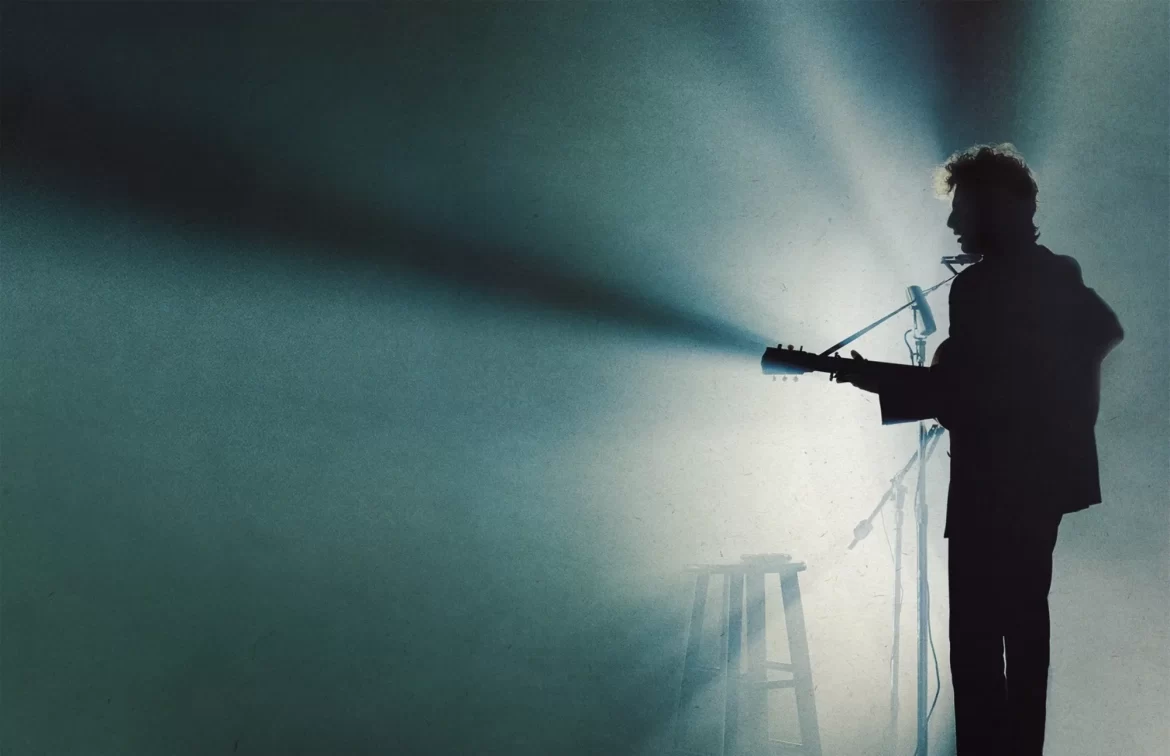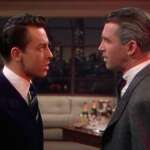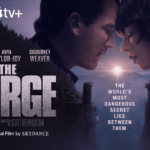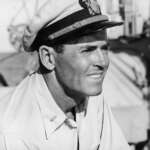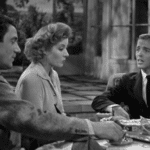‘A Complete Unknown’ tells the story of Bob Dylan’s rise, from a mysterious troubadour to folk’s presumed savior and eventual rock star—a story that is both well-known and unfamiliar, depending on your age or the number of tales your dad passes down. I belong to the latter camp, having grown up with Dylan as an established presence in my household, though I never had a ‘Dylan phase’ (though I still own many of his albums). I had a fondness for a few of his songs—’Like a Rolling Stone,’ ‘The Times They Are A-Changin’,’ ‘Knockin’ on Heaven’s Door’—but lacked much understanding of the man. And if this film is anything to go by, there isn’t much to like.
The film opens with a moment where Pete Seeger, played by Edward Norton, sits with a hospitalized Woody Guthrie, when a young Bob Dylan shows up and surprises both men. Dylan is a fan of Guthrie who appears to be starstruck. Seeger asks Bob Dylan, asks, “Are you shy?” Dylan responds, “Not usually.” It’s a brief glimpse of candor—the first and last in the film. From there, Dylan’s genius is presented as a given, matched only by his arrogance. After watching it with my dad, he remarked, “Oh yeah, Dylan was always arrogant.” Funny how that detail never made it into the family lore.
The issue with Dylan as a subject here is that, portrayed as nakedly ambitious and haughty, he quickly becomes the least interesting character in his own film. It’s to the point where it’s hard to understand why anyone would gather around him, as they do in the film. Seeger’s admiration—played brilliantly by Edward Norton, the film’s second-best performance—makes sense; Seeger sees Dylan as folk music’s savior. Yet it’s difficult to grasp why Dylan’s girlfriend (portrayed by Elle Fanning), or Joan Baez (portrayed by Monica Barbaro), would share this admiration. Even the fans’ reactions, as exaggerated as they may have been at the time, feel overblown.
For a modern audience, the songs are so familiar that the film’s needle drops, which seem designed to be triumphant moments, fall flat. The climax, a ‘legendary’ moment in folk history (if not rock’s), has so few stakes it feels inconsequential, especially when the film itself undermines Dylan’s influence. Artists like The Kinks and The Beatles were rocking harder than Dylan ever did, and moments like the Cuban missile crisis, JFK’s assassination, and Malcolm X’s assassination are rightfully portrayed as far more consequential moments. As the world pauses on the brink of the Cuban missile crisis, only Dylan seems to be focused on Dylan.
Turning to the performances, the acting is largely serviceable. Fanning’s portrayal of Dylan’s real-life grocery feels underserved by the material—her character is mostly defined by staring at Dylan. Timothée Chalamet, whom I’ve enjoyed in other films, does what he can with the script, but his portrayal of Dylan remains a thin sketch. Boyd Holbrook, who I wasn’t very familiar with, steals the film in his brief role as Johnny Cash. His moments are brief, but often hilarious, outshining even Norton’s portrayal of Seeger.
Since the music is the film’s strongest element—with Chalamet’s portrayal of Dylan, Norton’s of Seeger, and Monica Barbaro’s Baez all standing out—perhaps it’s best to think of this movie as a cover album. The film tries to present Dylan as a ‘mystery,’ but it does so by offering little for us to truly connect with him, so if you choose to see it, stay for the music. Otherwise, you might be better off putting your dad’s Dylan albums back on, thereby preserving the same affection for the man and his music that you would enter the theater with.
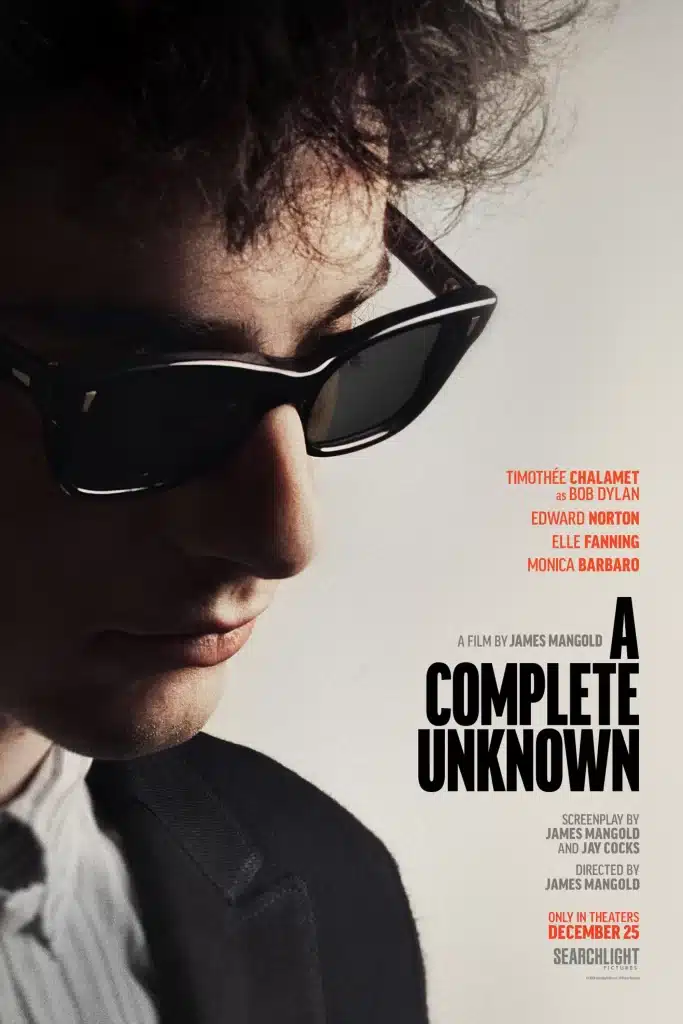
A Complete Unknown (Source: Searchlight Pictures)
